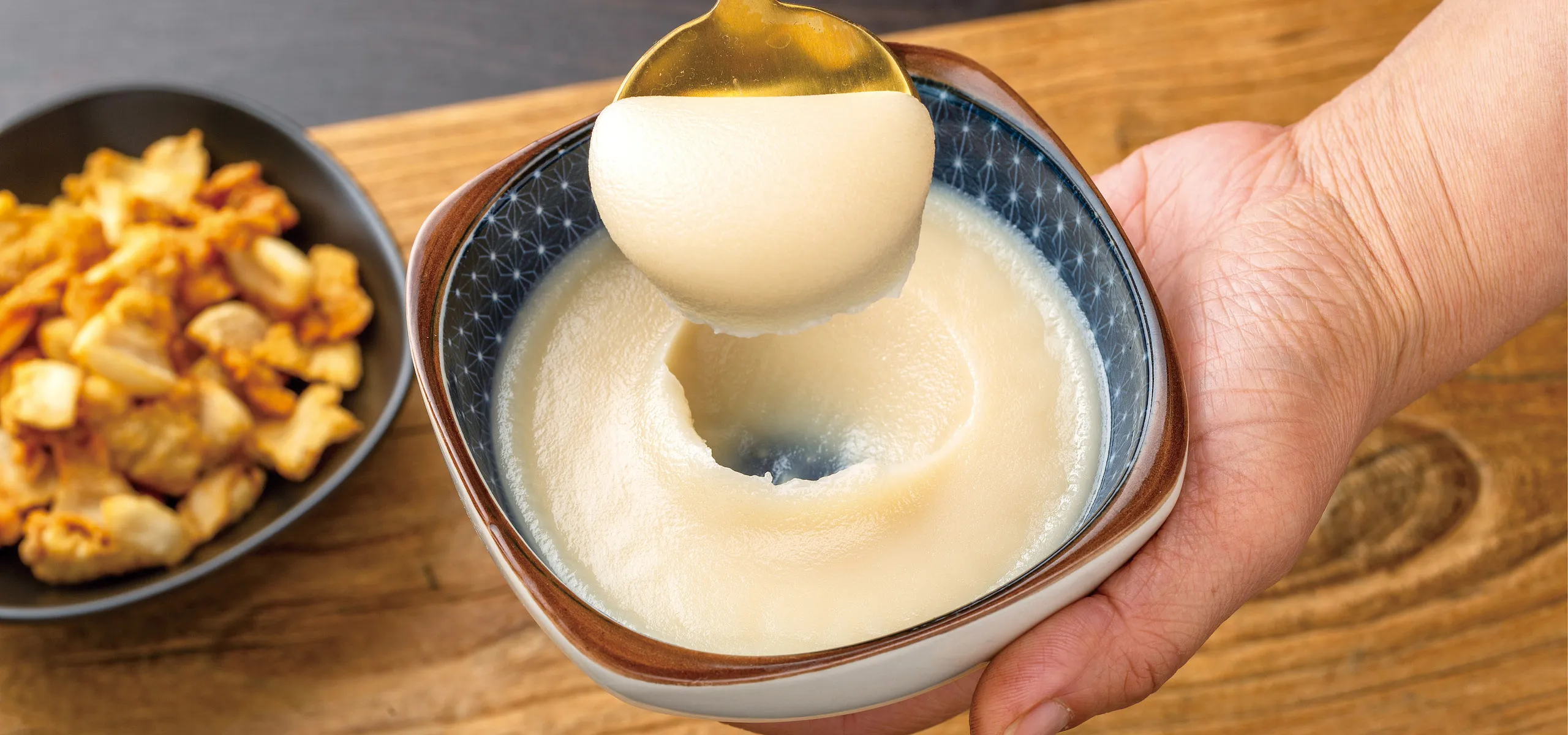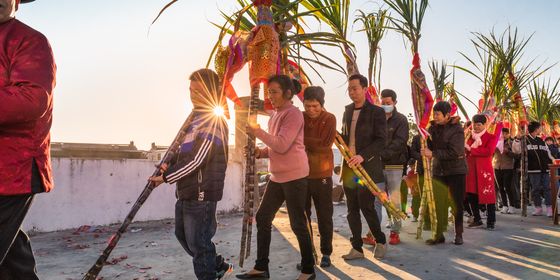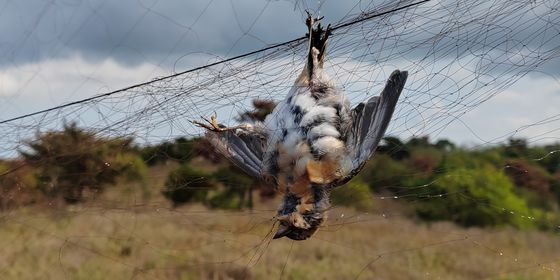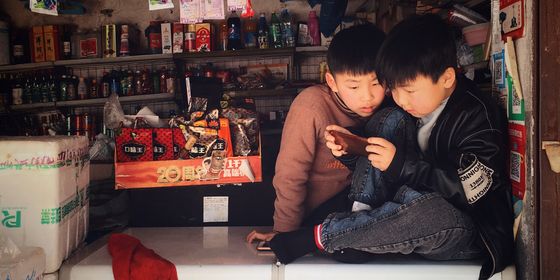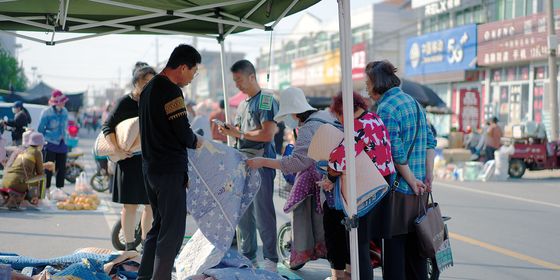A taste of opulence that supported generations of Chinese through an age of scarcity
When Hu Youzhen was in middle school in the 1970s, one of her most anticipated home-cooked treats was often a spoonful of pork fat hidden at the bottom of her bowl, served with her father’s affection and melted by the warmth of the rice on top.
Hu, who grew up in the county of Wuxue, Hubei province, as the oldest of four children, was given this special treat without her siblings’ knowledge because she had to walk 10 kilometers each way to and from school, where she boarded during the week. Her father, an alcohol distillery manager, thought the campus diet—mostly rice and 1 fen soup from the canteen, plus pickles brought from home—wasn’t enough to keep up her strength for her studies.
Whenever Hu found the glistening treasure in her rice, she would glance at her father, who would then throw back a look that “told me to keep it on the down low, so as not to upset my siblings,” Hu, now in her late 50s and an English teacher at a Beijing university, recalls. There wasn’t always enough to treat everyone in such a big family. “It was an age where we didn’t cook much with oil...We thought lard with rice was the most delicious thing in the world.”
Pork fat mixed with rice (猪油拌饭)—consisting of a chunk of jade-like solidified lard melting on a steaming bowl of rice, often completed with a dash of soy sauce and sprinkles of scallions—is not a culinary invention that any region in China cares to boast as its representative cuisine. But that doesn’t stop writers from devoting passionate words to its flavors.
In 2014, Nanjing Normal University Press published Fatty Meat, a collection of essays from around 100 authors who wrote about what this decadent cut of pork meant to them. In the essay “Revolutionary Fatty Meat,” author Chi Li recalled receiving a jar of lard as a token of gratitude for her work as a laborer and teacher in a small village in the 1970s. Painting a vivid picture of enjoying a small piece of lard with a bowl of steaming, newly harvested rice, seasoned with scallions and salt, on a snowy day, she writes, “One bite: suddenly, the mountains and waters were clear and beautiful, the wind gentle and sun charming, and the world became so lovely.”
Many people in China who lived through the era of planned economy and state-rationed food supplies in the mid-to-late 20th century recall waiting in long lines to buy meat and cooking oil, both rare commodities that had to be purchased with “meat stamps.” Anxiously eyeing the fattiest piece of pork hanging in the butchery window is a distinct memory for many, due to its scarcity. “You needed connections to be able to buy fatty meat,” writes poet Feng Xincheng in another essay in the collection, “Vulgar Fatty Meat and Proper Richness.”
Feng’s mother was in charge of the local meat and eggs counter, so he became the go-to person for all his neighbors’, classmates’, and even teachers’ purchasing needs. “The counter was always overcrowded, and I had to shout for my mother several times before she could hear me. Then she would tug a strip of fatty meat out from under the counter, and pass it to me over the forest of heads and hands.”
Cooking the fat out of the pork and preserving it in jars became a way to stretch out the little amount of meat families could get their hands on. “Raw pork fat, in a gleaming white, slowly melts at the bottom of the pot, oozing with lustrous clear grease,” writes director Chen Xiaoqing, born in 1965 and famed for his docuseries A Bite of China, in his contribution to the Fatty Meat collection. “The pieces of fat brown little by little, afloat in the oil while swimming softly.”
Larder Than Life: Pork Fat With Rice Brings Memories of a Bygone Era is a story from our issue, “The Data Age.” To read the entire issue, become a subscriber and receive the full magazine.





